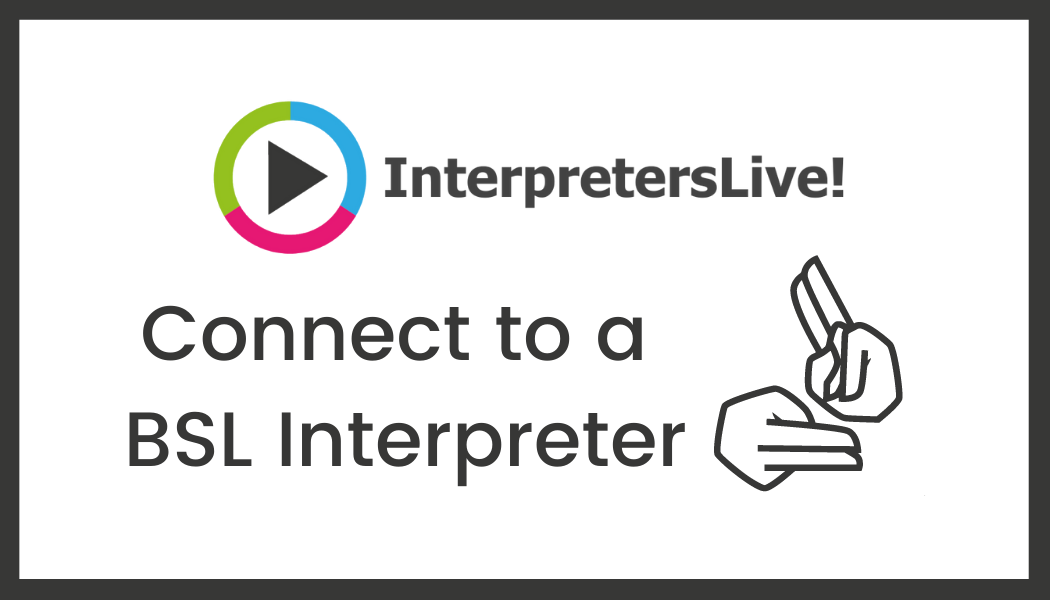
Having a clear plan in place for achieving your sports career goals is one of the most important things you can do as a sports employee. Your career plan is the compass you'll use to guide you toward the best-suited roles for your skills and interests.
Working out how to design your sports career isn't just something you'll do when you're fresh out of college or finished with your education.
The best industry leaders frequently refresh and update their strategies based on their changing priorities, deeper evaluations of the marketplace, and a growing understanding of their sector.
So, how do you ensure you're designing an effective strategy for your future in the sporting space?
Today, we will explore how in 4 easy steps you can build the ultimate map toward success in your industry.
How to Start Planning Your Sports Career Path
Designing your entire sports career can seem like a daunting prospect at first. The important thing to remember is that your current career plan isn't set in stone. You can always make changes in the future if you discover you're moving in the wrong direction.
In fact, one study in 2018 found that around a third of all Americans completely changed fields when moving from one role to the next after college, a similar pattern for many continents across the globe.
When starting your sports career plan, focus on where you stand and what you hope to achieve based on your current situation. Here are some steps to get you started. You can use the same guidance when creating new career plans in the future or updating your existing strategy.
Step 1: List Your Current Skills
Where you start your career path will depend on your sports skills. Employers in the sports industry will look for different credentials, knowledge, and characteristics for each role they want to fill. Start by listing all of your talents that might benefit your career.
During this step, thinking about hard and soft skills is important. Your hard skills are the technical talents related to sports roles. They might include the ability to use certain software or a specific degree or qualification in a related topic.
Your soft skills are the more versatile, transferrable skills that can apply to various jobs. For instance, you might be an excellent communicator, brilliant at organising your time or have experience leading other teams.
Step 2: Consider Your Industry Experience
Experience and skills often go hand-in-hand when planning the next move in your sports career. If you're fresh out of university or college or haven't had any roles related to your chosen industry before, you will likely need to start with an entry-level position.
Search for job opportunities for people who are just beginning to grow in the sports space, and focus on finding employers who can help to enhance your knowledge with training.
If you've already started your sports career and are ready to take the next step, your existing experience will determine what kinds of roles you can apply for. If you already have experience leading a team, then you might be able to apply for a manager role or more senior positions.
Consider looking at the job descriptions posted by companies in your industry to determine what kind of experience and skills you'll need to apply effectively for each role.
Step 3: Assess Your Personal Values
Once you've got a clear view of your skills and the opportunities they match, you can start to think about the other factors influencing how satisfied you might feel in a role. If you haven't determined a specific "long-term goal" for your career yet, consider looking at the market and asking yourself what kind of roles most appeal to you.
Ask yourself what you like doing, what fields of the sports space you're most interested in, and which directions offer the most benefits. Outline the key values you will focus on when searching for roles. For instance, 58% of employees say professional development contributes to higher levels of job satisfaction.
Other points to consider include:
- Work/life balance: How important is it for you to have a job that contributes to a good work/life balance? Do you need to look into flexible, remote, or hybrid roles?
- Purpose and meaning: Which role will give you a deeper sense of purpose? How will you ensure you feel proud of what you're doing?
- Company culture: Do you want to pursue any particular company culture when looking into new roles? Do you want a company to show high diversity, ethics, and inclusion?
Step 4: Think Long-Term
While you can always consider changing your career path in the future, it's important to take a long-term approach when deciding which roles you want to pursue. The sports landscape is extremely short on skills at this time, which has prompted a lot of employers to offer higher remuneration and benefits to attract more candidates.
For some employees in the sports industry, it might be tempting to jump rapidly from one career to the next in search of more money. However, investing in a short-term cash injection now might not be as beneficial as planning what you can achieve in the long term.
Take the time to plan out what you really want to accomplish, and evaluate how each job opportunity will help you progress towards your end goal. For instance, taking a lower-paid role or a lateral move at the same salary right now with a host of learning opportunities could make it easier to move into a high-end position later in your career.




